Powerful coastal landslide: buildings swept away in Alta, Norway
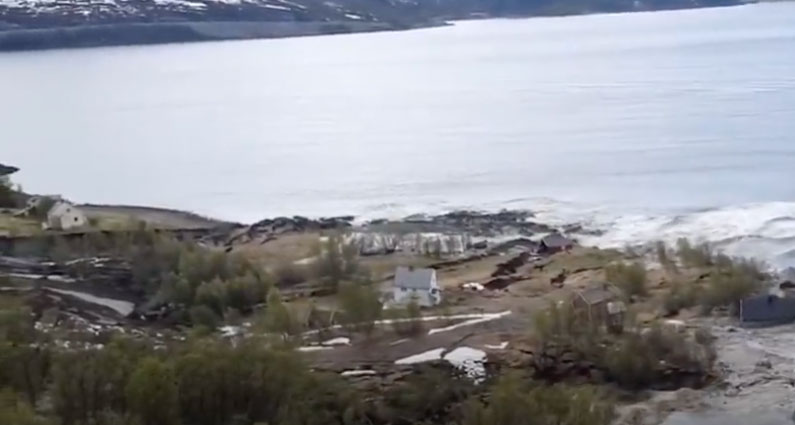
Several houses have been swept into the sea following a powerful landslide in Alta municipality, northern Norway.
Sixth mass extinction of wildlife accelerating, scientists warn
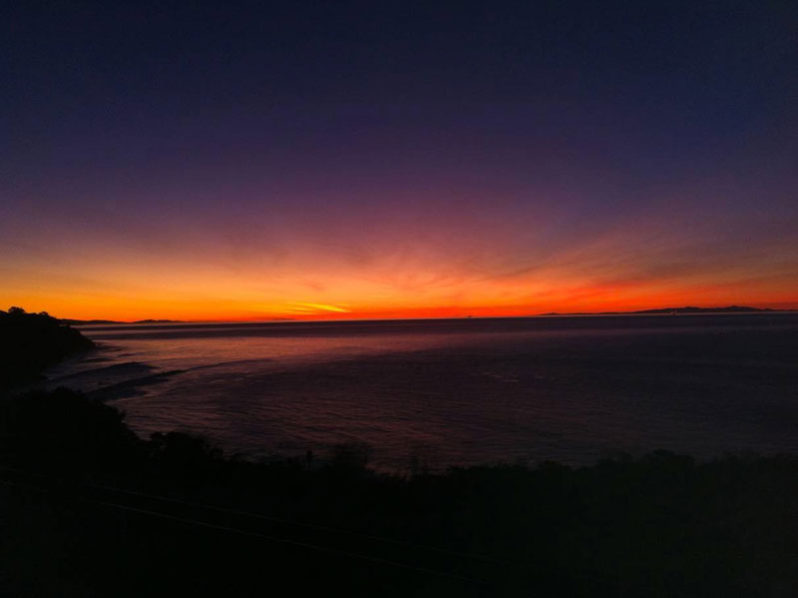
Analysis shows 500 species on brink of extinction – as many as were lost over previous century.
Barcelona beach trip for recovering patients
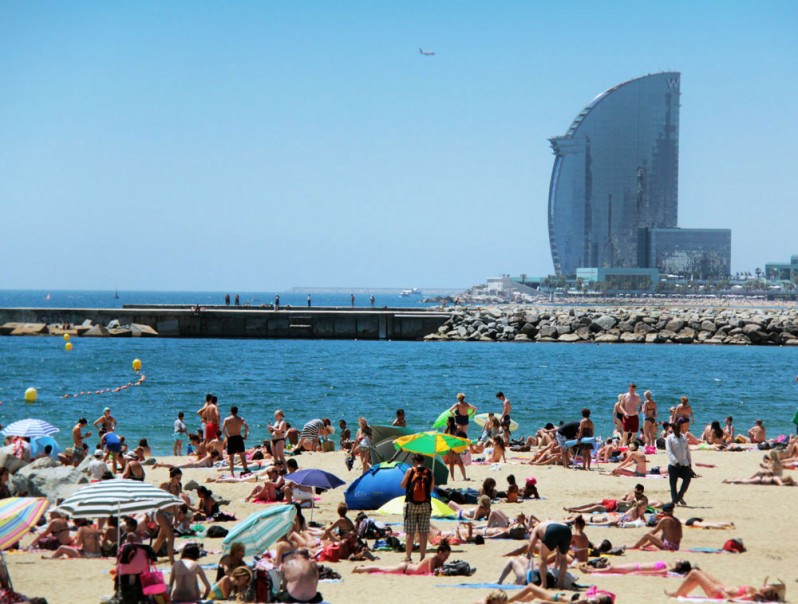
Spanish coronavirus patients are taking trips to the seaside as part of their recovery from the illness.
Mumbai bracing for the ‘first cyclone in years’

The heaving city of 20 million people, which is India’s financial and entertainment capital, has been spared of cyclones in modern history. Mumbai hasn’t “experienced a serious cyclone landfall since 1891”. All that could change on Wednesday when a severe cyclonic storm with wind speeds from 100 to 120 kmph (60 to 75 mph) could hit the city and India’s western coast.
Isla Arena: Where did this refuse come from? Marine anthropogenic litter on a remote island of the Colombian Caribbean sea
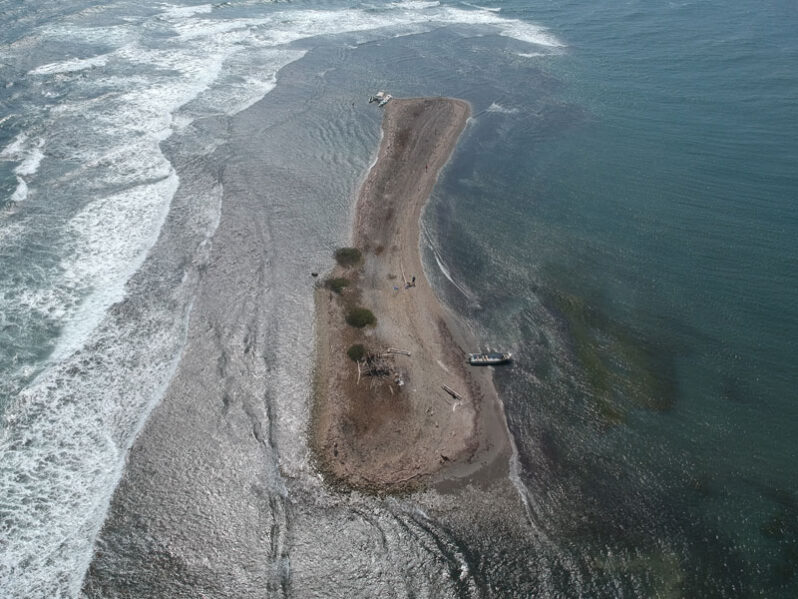
On the Colombian continental shelf, 12 km SW of the municipality of Galerazamba, Department of Bolívar, is the northern-most island of the Colombian Caribbean: Isla Arena. Despite being remote and uninhabited, this island is being affected by one of the most persistent problems in the marine environment: Marine Anthropogenic Litter
Satellites Show Scale Of Suspected Illegal Dredging In South China Sea
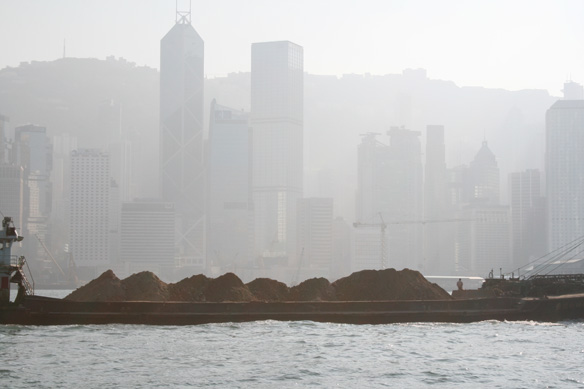
An unrelenting fleet of China-based dredging vessels are churning up the South China Sea. They are accused of acting illegally, and of causing ecological damage. Satellite images show the incredible scale of the activity.
New Zealand blue whale distribution patterns tied to ocean conditions, prey availability
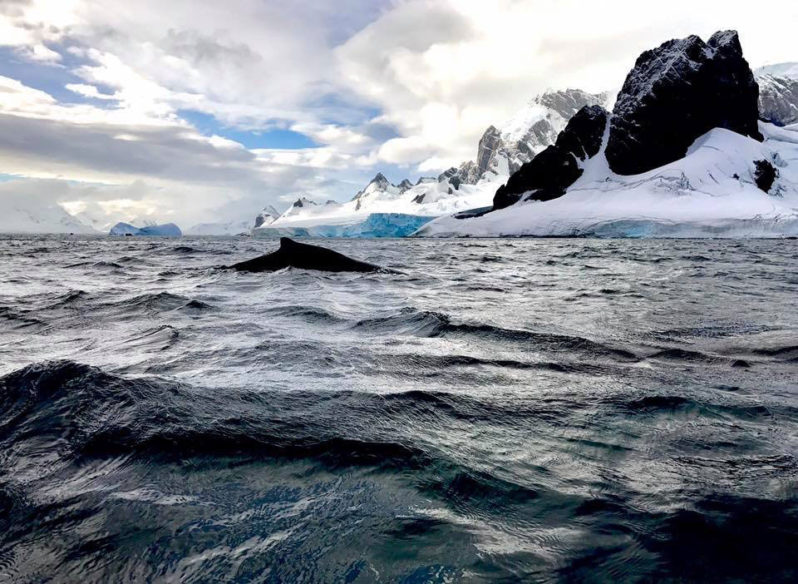
The researchers who recently discovered a population of blue whales in New Zealand are learning more about the links between the whales, their prey and ocean conditions that are changing as the planet warms.
Antarctic ice sheets capable of retreating up to 50 meters per day
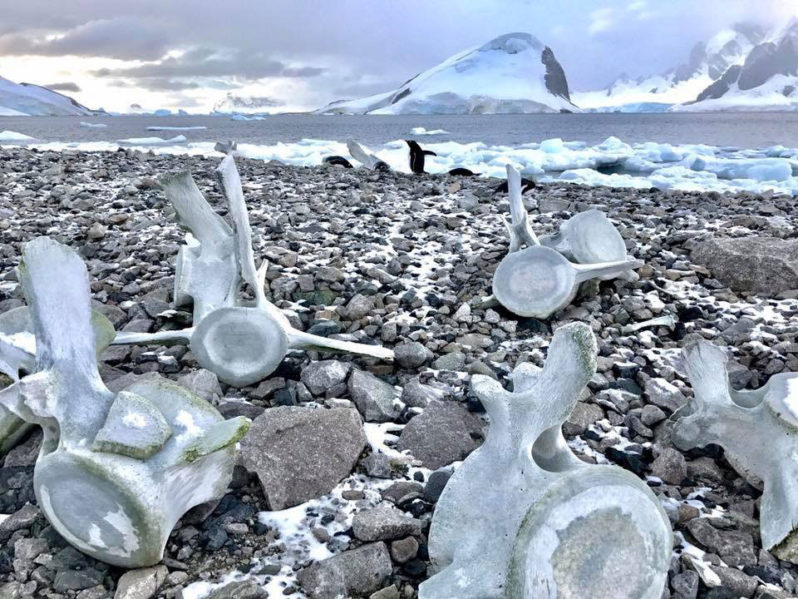
The ice shelves surrounding the Antarctic coastline retreated at speeds of up to 50 meters per day at the end of the last Ice Age, far more rapid than the satellite-derived retreat rates observed today, new research has found.
Substantial quantities of tire particles contaminating rivers and ocean

Research reveals vital new information that will improve our scientific understanding of how tiny particles from tires, synthetic fibers from clothing and maritime gear enter the ocean.
